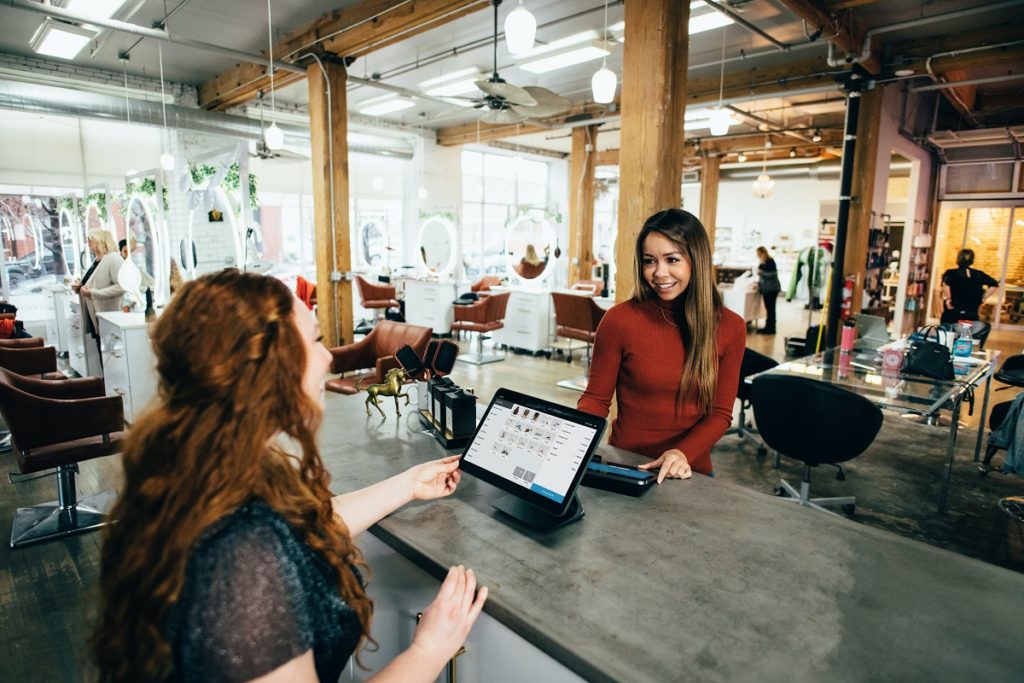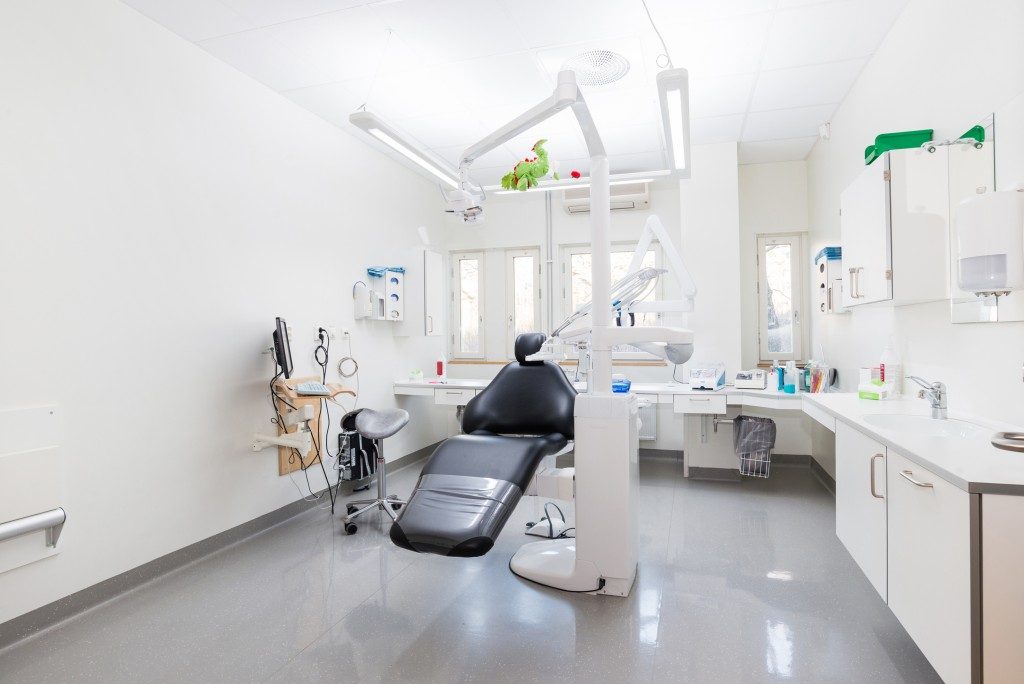The United Kingdom is slowly but steadily lifting pandemic restrictions and reopening the economy as the nation sprints toward herd immunity. As of April 12, 32 million adults have been inoculated with at least one dose of the vaccine against COVID-19.
After months of the shutdown, pubs and restaurants have been permitted to welcome customers provided that food and drinks are served in an outdoor setting. Other non-essential businesses such as beauty salons, gyms, and fashion stores have also now resumed operations.
Others are expected to follow in the coming weeks as life returns to normal in the UK. How are local businesses handling the post-pandemic world?
An Increase in Janitorial Services
A year of lockdowns and other pandemic restrictions have left certain businesses deserted. While operations continued elsewhere, shops and offices remained closed to protect employees from the illness and to prevent the healthcare system from collapsing.
However, now that the country is reopening, businesses are preparing to welcome customers back.
The past year has already seen a greater demand for janitorial services across the world to clean and sanitize public spaces. The pandemic has forced businesses to rethink previous strategies to ensure the safety of customers and staff within the site. Now, it should include measures to minimize the transmission of illnesses, whether it is COVID-19 or the flu.
Although offices are not set to reopen in the UK in “a few short months,” according to Prime Minister Boris Johnson, a boost in activity for professional commercial office cleaning services are expected as companies ready for the return of employees who, for a year, have been stuck working from home.
Clients will also look for new technologies that will clean and sanitize floors, counters, equipment, and even the indoor air to further minimize the risk of disease transmission in the post-pandemic world.
Outdoor Meetings for the Meantime

For now, patrons are only allowed to eat and drink al fresco. Because COVID-19 is airborne, it is much safer for the public to interact outdoors where droplets can immediately disperse before it infects anyone.
Cities such as London, Birmingham, and Manchester temporarily closed roads and widened pavements to accommodate restaurants and pubs that want to serve foods and drinks under the sun. Around 41,000 establishments across Britain have areas that can be used for outdoor services.
Stores have already seen a greater demand for garden furniture earlier this year as strict restrictions loosen up to allow small outdoor gatherings with family and friends.
Analysts predict that al fresco dining will continue to be popular long after restrictions have been lifted. It was a hit during the pandemic as a way to safely socialize, and many cities plan to make it a permanent feature. In Dallas in the United States, there are plans to allow restaurants that have expanded their operations to the street to continue to do so even after the pandemic. Los Angeles and Boston also are making similar considerations.
Shop Local
During the pandemic, consumers opted to support local businesses. SMEs (small- to medium-sized enterprises) were among those that were badly hammered in the past year. Millions of SMEs had to close permanently because of COVID-19. To help, shoppers made sure to purchase and promote from stores within their neighborhoods.
The physical retail stores that have seen resiliency in the past year are local shops, mostly because they are convenient and within reach. When movement across borders was limited, people had far fewer options. As well-established chain brands disappear, experts believe that hyperlocal retail will stick around after the pandemic. Entrepreneurs are optimistic that, when consumers go shopping again, they will buy from local SMEs.
Big Discounts and Staff Retraining
Bigger retailers, on the other hand, are using strategies to lure shoppers away from using e-commerce platforms and encourage them to shop in stores once again. Brands are preparing entertainment, parties, personal styling, beauty treatments, and big discounts to revive life in the British High Street.
Many establishments said that they have to retrain staff, most of whom have been working online or doing other tasks, to welcome back customers. They have been instructed with the latest guidelines in public health and safety during the pandemic.
The UK’s months-long plan to return to normal after several waves of COVID-19 infections and lockdowns started earlier this year and is expected to end by summer. The nation is on track to reach herd immunity soon, and positive cases are on a downward trend.
As the population emerges from the lockdown, things will have changed significantly and a new normal will emerge.




